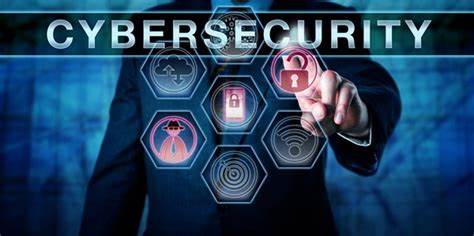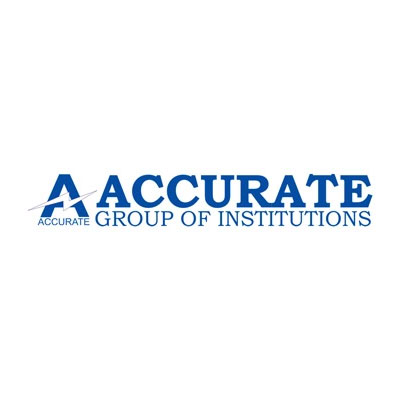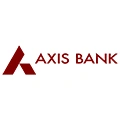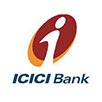In today’s interconnected world, data has become the lifeblood of economies, societies, and industries. However, the increasing volume and complexity of cyber threats have escalated the urgency for robust cybersecurity measures. Enter blockchain technology: a revolutionary innovation with the potential to redefine data security paradigms across various domains.
Understanding Blockchain’s Security Foundations
At its core, blockchain is a decentralized, distributed ledger technology that records transactions across a network of computers. This technology gained prominence initially as the underlying architecture for cryptocurrencies like Bitcoin. However, its applications extend far beyond digital currencies.

The primary strength of blockchain lies in its structure. Each block contains a cryptographic hash of the previous block, creating an immutable chain of records. This sequential and unchangeable nature ensures the integrity and security of data. Furthermore, the decentralized network makes it highly resistant to tampering and unauthorized alterations.
Strengthening Cybersecurity with Blockchain
The fusion of blockchain and cybersecurity yields numerous advantages that significantly enhance data security:
Immutability and Data Integrity: Once data is added to a blockchain, it becomes practically impossible to alter or delete without consensus among network participants. This feature ensures the integrity of sensitive information, making it an ideal solution for industries where data tampering is a critical concern, such as supply chain management or healthcare records.

Decentralization and Resilience: Traditional databases have single points of failure, making them vulnerable to cyberattacks. Blockchain’s decentralized nature distributes data across multiple nodes, reducing vulnerability to hacking attempts. To compromise the system, an attacker would need to overpower a majority of the network, an immensely challenging task due to the distributed structure and cryptographic security.
Enhanced Data Confidentiality: Cryptographic techniques within blockchain ensure data confidentiality. Transactions are encrypted and accessible only to authorized entities possessing the corresponding private keys. This added layer of security minimizes the risk of unauthorized access even in the event of a breach.
Applications of Blockchain in Cybersecurity
The integration of blockchain technology has unveiled a myriad of applications across diverse sectors:
Finance and Digital Transactions: Cryptocurrencies like Bitcoin and Ethereum have revolutionized financial transactions by offering a secure, decentralized alternative to traditional banking systems. Additionally, smart contracts automate processes and reduce the risk of fraud or manipulation in financial agreements.
Healthcare and Patient Records: Blockchain secures patient records by enabling secure and transparent access for authorized personnel while maintaining patient privacy. It ensures the integrity of medical data, reducing the risk of unauthorized alterations or breaches.
Supply Chain Management: Blockchain's ability to trace and authenticate products throughout their journey mitigates counterfeit risks and ensures the authenticity of goods. This application is pivotal in industries where product traceability and authenticity are paramount.
Government Services: Governments are exploring blockchain for secure and transparent voting systems, identity verification, and document authentication. Blockchain's immutable nature ensures the integrity of critical government data.
Challenges and Limitations
While the potential of blockchain in enhancing cybersecurity is vast, several challenges hinder its widespread adoption:
Scalability and Performance: Blockchain networks face limitations in scalability and transaction speed. As the number of transactions grows, some blockchain networks encounter performance issues, hindering their ability to handle large volumes of data.
Energy Consumption: Proof-of-Work, the consensus mechanism used in some blockchain networks, is energy-intensive. This has raised concerns about its environmental impact. Efforts to transition to more eco-friendly consensus mechanisms like Proof-of-Stake are underway.
Regulatory Uncertainty: The absence of unified global regulatory frameworks for blockchain and cryptocurrencies poses challenges for their widespread acceptance and integration into existing systems.
Interoperability: Lack of interoperability between different blockchain platforms restricts seamless communication and data transfer between disparate networks, hindering widespread adoption and utilization.
The Path Forward: Collaboration and Innovation
Realizing the full potential of blockchain in enhancing cybersecurity necessitates collaborative efforts among stakeholders. Research and development initiatives must address scalability, energy efficiency, regulatory compliance, and interoperability concerns.

Education and awareness initiatives are also pivotal. Demystifying blockchain technology and showcasing its practical applications will foster its adoption across industries, paving the way for a more secure and resilient digital future.
In conclusion, the marriage of blockchain and cybersecurity presents a formidable alliance against evolving cyber threats. While challenges exist, the transformative potential of blockchain in fortifying data security across industries is undeniable. With concerted efforts in innovation, regulation, and education, blockchain’s integration into cybersecurity practices promises a safer and more trustworthy digital ecosystem.












